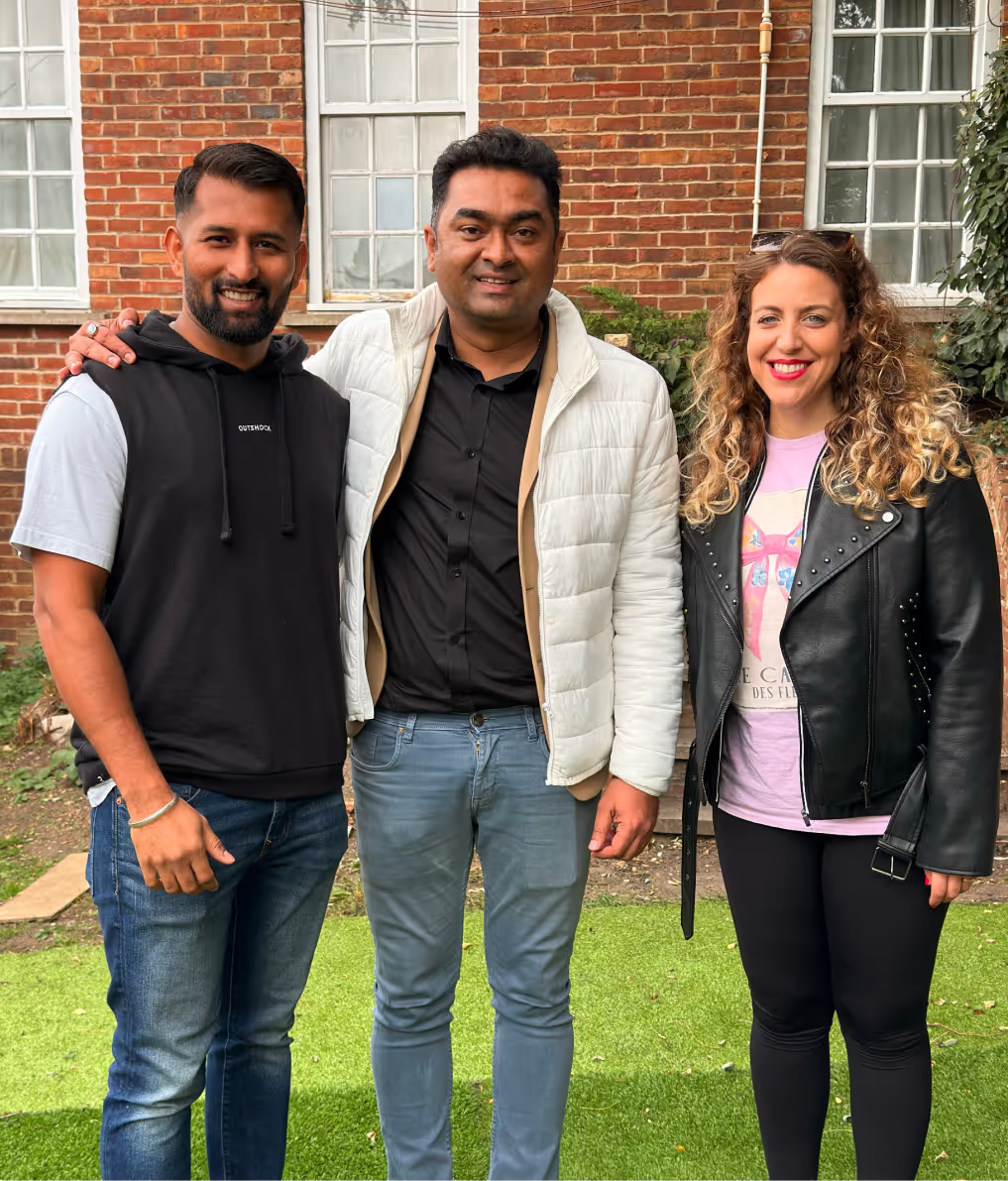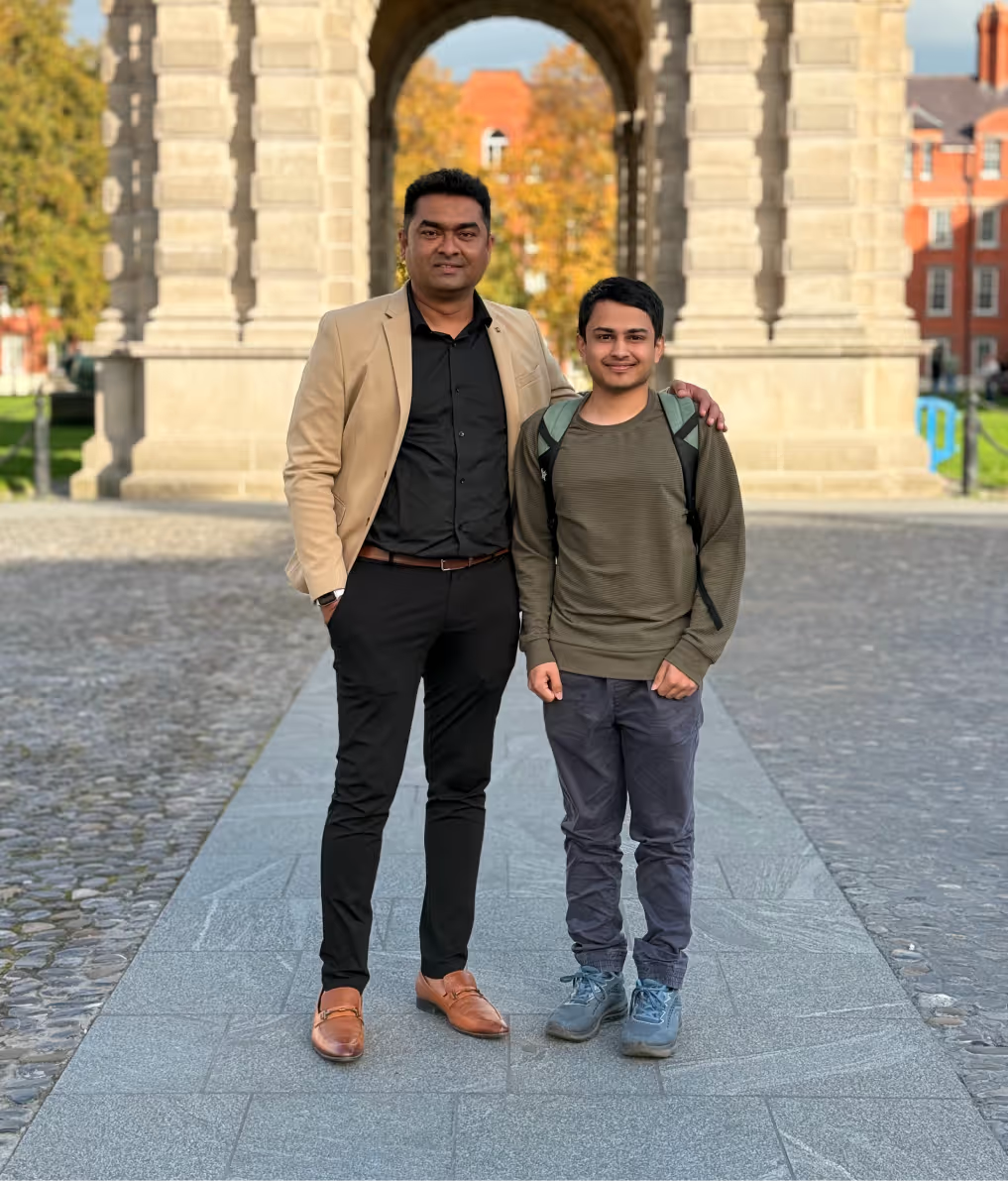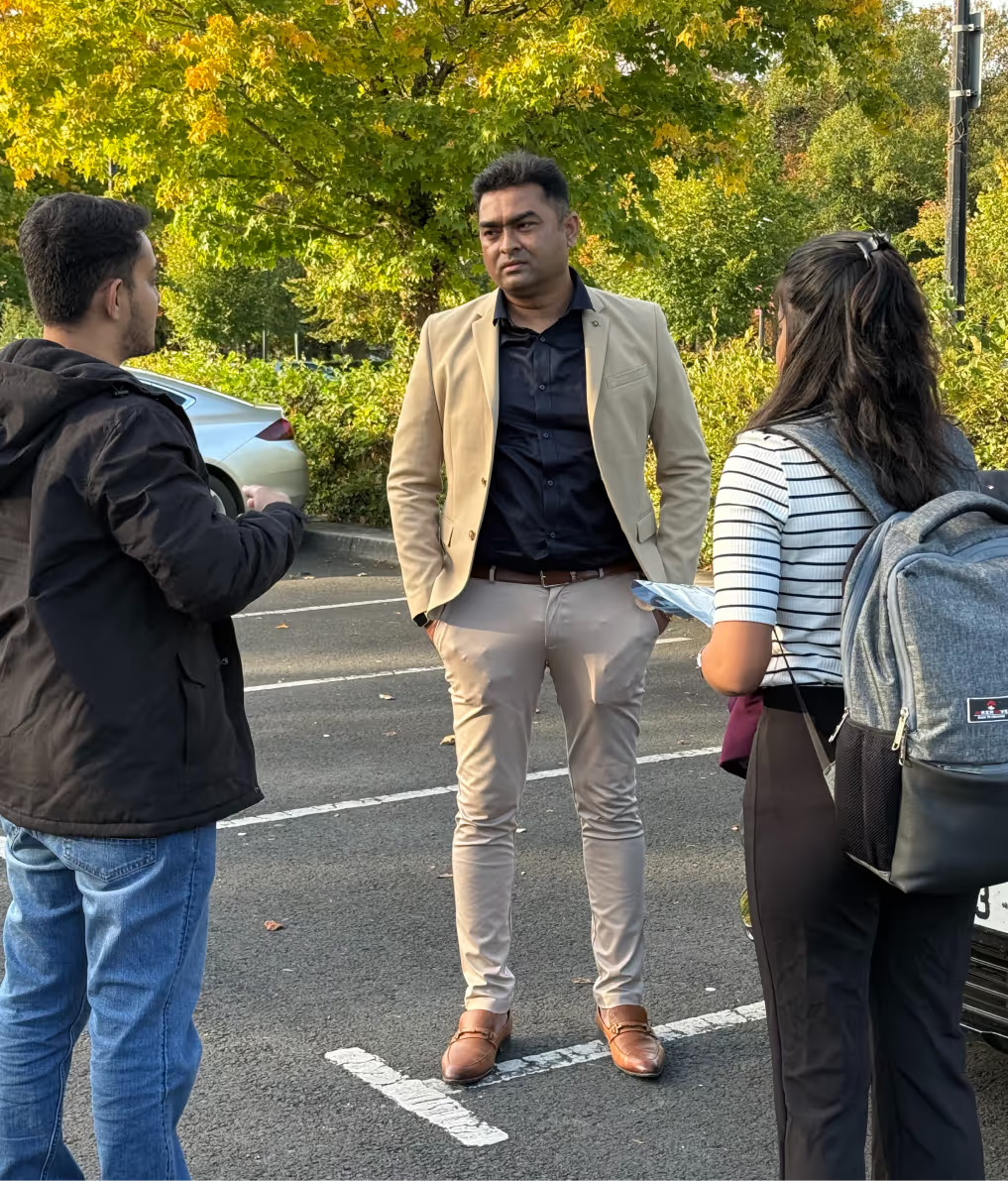Meet the founder who travelled 16000 kms for a first-hand student experience
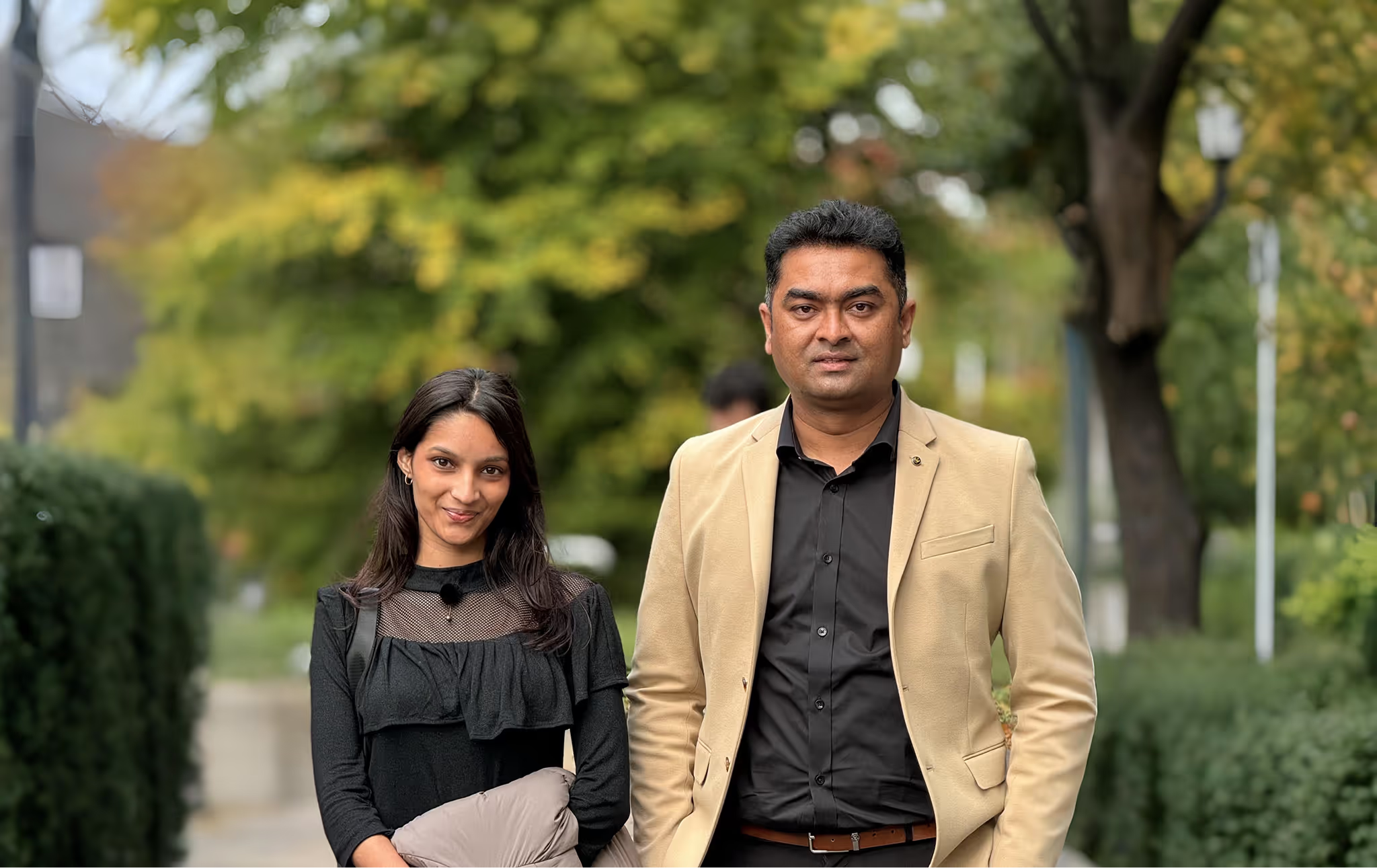
Amar set out on a really long journey across Ireland and the UK to meet students, walk their campuses, and experience first-hand the lives they’re building abroad.
Amar set out on a really long journey across Ireland and the UK to meet students, walk their campuses, and experience first-hand the lives they’re building abroad.
In the world of international education, most journeys are one-way. Students fly out of their home countries with dreams of world-class universities, global exposure, and a future that feels bigger than where they started. But very few leaders in the study abroad space take the same journey in reverse — to walk the same campuses, talk to the same faculty, and live the same moments that their students do every day. Amar Gujar, the founder of Onebounce, wanted to change that.
In September this year, he embarked on a 14-day journey across Ireland and the UK, covering thousands of miles across multiple cities and nearly every major university. His goal wasn’t promotional. It was personal. He wanted to immerse himself in the lives of the very students Onebounce had helped send abroad, and to understand — not from afar, but up close — how they were building a new chapter of their lives in a different country.
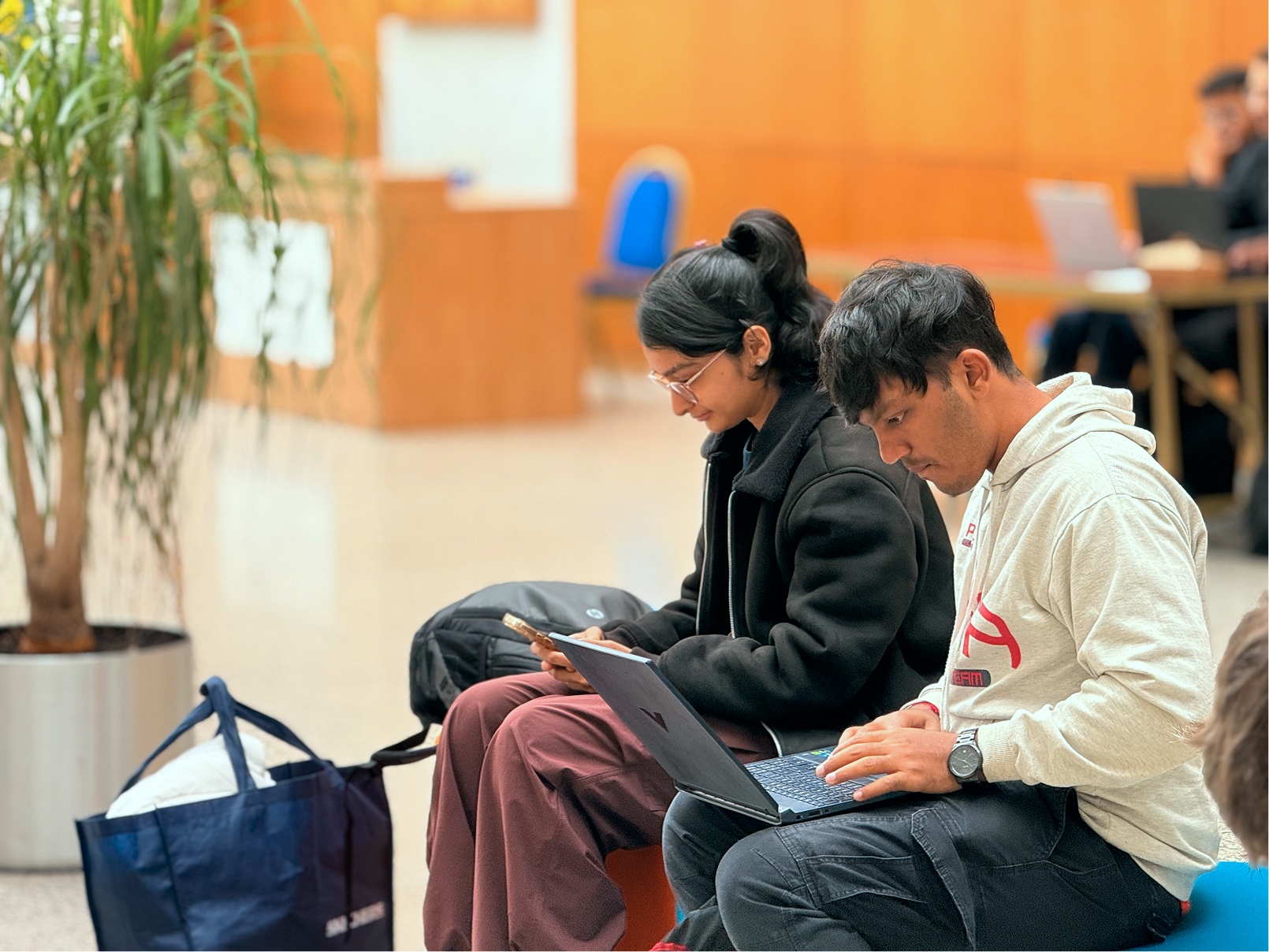
“It’s one thing to read a prospectus,” Amar says. “It’s another thing entirely to sit with a student in their cafeteria and hear how they’re balancing lectures, part-time jobs, and building a new circle of friends. That’s the experience I wanted to live — because it’s the experience our students are living every day.”
From Dublin to Galway, from Cork to Limerick, from Athlone to Hatfield, Amar covered an ambitious itinerary that touched nearly all of the leading universities where Onebounce students are enrolled. Each stop was less about formal meetings and more about observation — seeing how campuses function, how international students are supported, and what real student life looks like. He walked through academic buildings where lectures were in progress, saw firsthand the modern research facilities that attract students globally, and visited cultural hubs on campuses that bring communities together.
But beyond the infrastructure, Amar was more interested in the “soft details” — how easy is it for a student to make friends? What kind of support systems exist when someone feels homesick? How approachable are the faculty when students face academic stress? These questions rarely show up in university brochures, but they are what define whether a student thrives abroad.
One of the most impactful parts of the journey came from reunions with Onebounce students who had already taken the leap overseas. Amar sat with them over coffee, walked with them through dormitories, and joined conversations about everything from academics to the small cultural adjustments that come with living in a new country.
“These conversations were invaluable,” Amar recalls. “One student shared how nervous she was before leaving India — and now, seeing her confidence in navigating life abroad was incredibly inspiring. Another student spoke about balancing part-time work with studies, and how it taught him resilience he didn’t expect to gain. It’s these real, lived stories that remind me why we do what we do.”
For many of these students, Amar’s visit also became a reaffirmation. It showed them that their journey didn’t end the day they received their visa — that Onebounce still cared deeply about how they were settling in.
In an industry often dominated by checklists — applications submitted, visas stamped, flights booked — Amar’s trip stood out for its depth of empathy. Most consultancies rarely go beyond the transactional process of sending students abroad. But Amar believes the responsibility extends further.
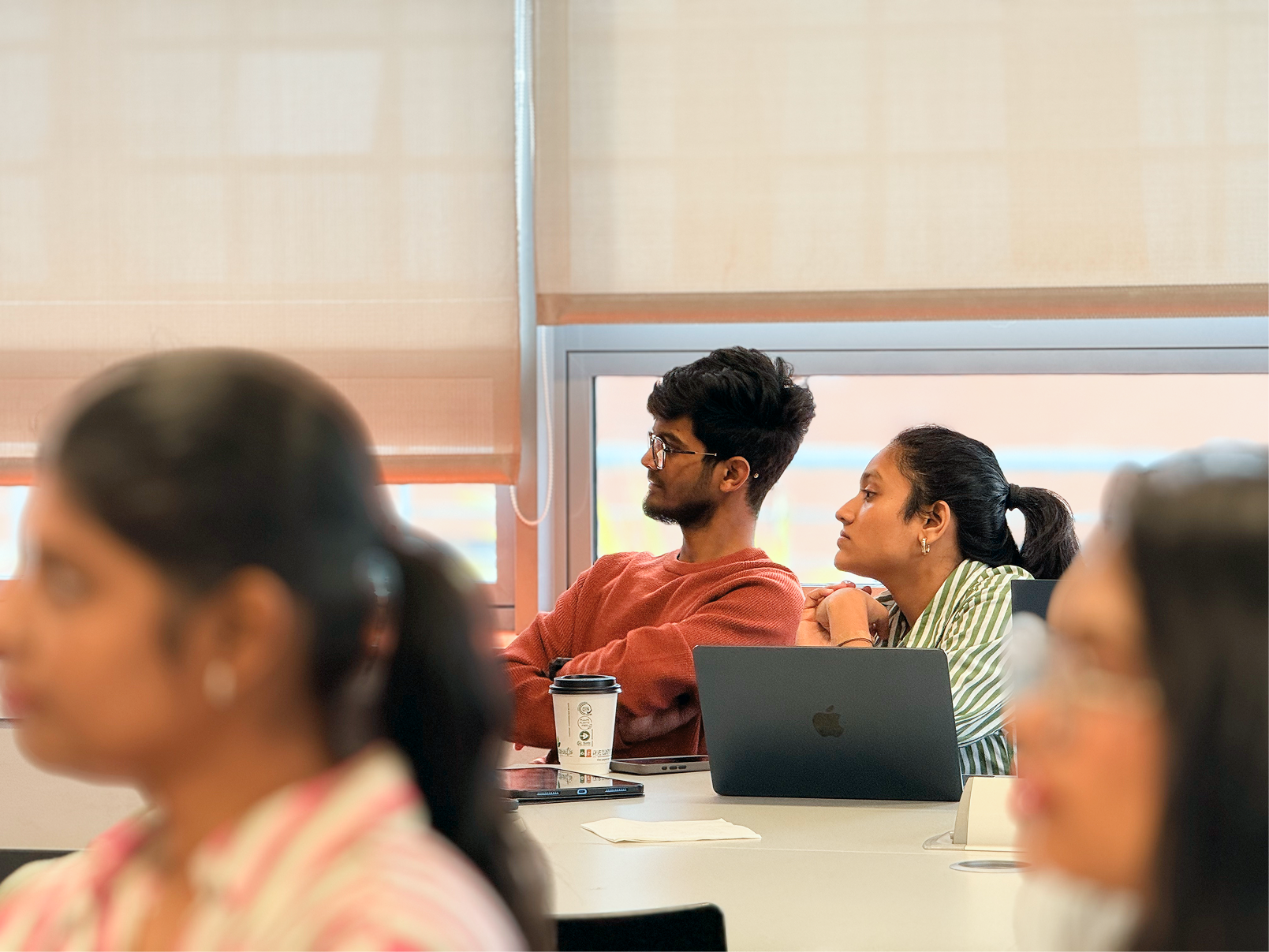
He noticed the small but powerful details that can transform a student’s experience — the availability of quiet study corners in libraries, the design of student housing that encourages social interaction, the presence of career counseling cells, and even the quality of canteens where students gather between classes.
These observations will now directly feed into how Onebounce guides future students. Instead of offering generic advice, the team can provide nuanced insights based on Amar’s own first-hand experiences.
Beyond academics, Amar’s journey became a crash course in cultural immersion. From the bustling streets of Dublin to the student-friendly energy of Galway, the vibrant life of Cork, the historic charm of Limerick, the welcoming warmth of Athlone, and the academic pulse of Hatfield, he absorbed not just the universities but the environments in which students were learning and living.
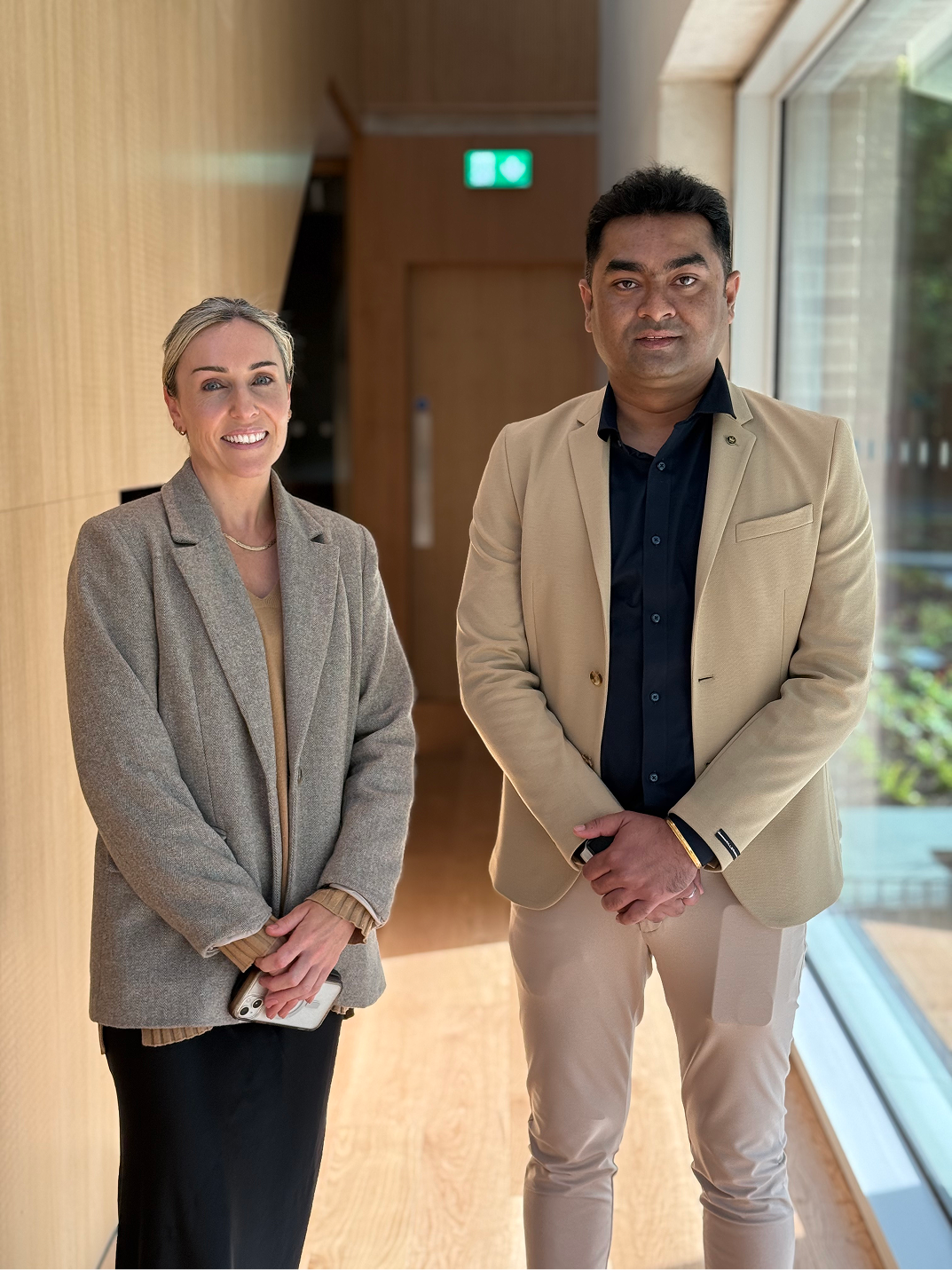
He saw how Indian students celebrated festivals abroad, blending traditions with new cultures. He witnessed how international student communities supported one another — offering everything from advice on finding part-time jobs to tips on surviving the weather. He learned how local communities welcomed students into cultural activities, creating a sense of belonging in places that initially felt foreign.
“These cultural insights are just as important as academic ones,” Amar says. “When we advise students now, we won’t just talk about what they’ll study, but also how they’ll live — how to make friends, how to adapt, how to thrive in a completely new environment.”
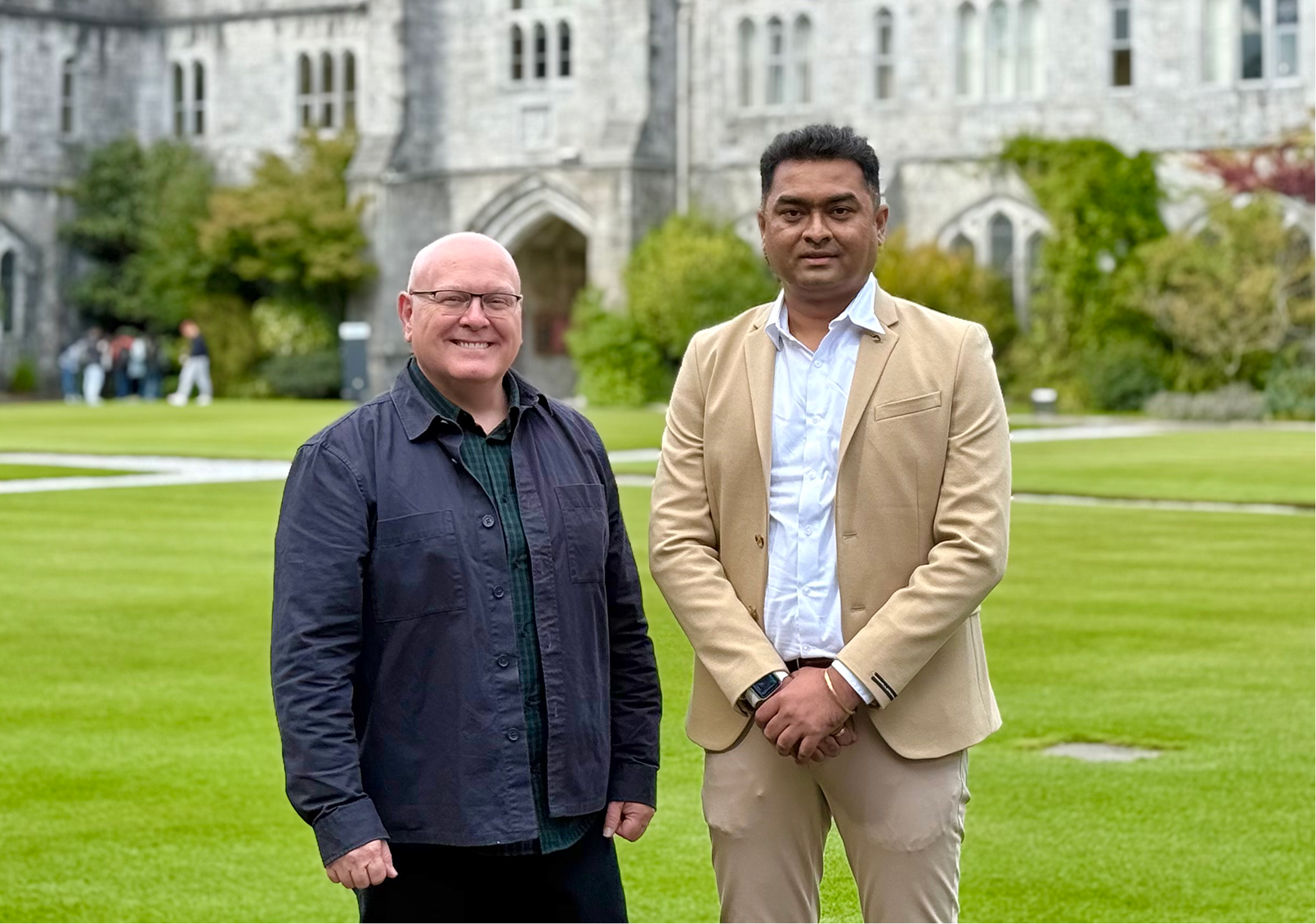
At the end of the 14-day journey, Amar returned to India with more than photographs and notes. He came back with stories — real, human stories that will now shape the way Onebounce approaches counseling and guidance. For students walking into Onebounce’s offices, this means hearing not just what a university offers, but what life actually feels like once you’re there. It means advice that goes beyond “what course should I choose” to “how will I feel once I’m on campus.” It means guidance that comes not just from data, but from lived experience.
Amar’s journey is a reminder that leadership is about proximity. By choosing to travel 16,000 kilometers to stand shoulder-to-shoulder with his students abroad, he set a new benchmark in the education consultancy industry — one defined not by distance sent, but by distance traveled to truly understand.
“It’s not enough to know universities on paper,” Amar reflects. “We need to know how life unfolds for our students when they arrive. That’s the only way we can guide with honesty, confidence, and care.”
